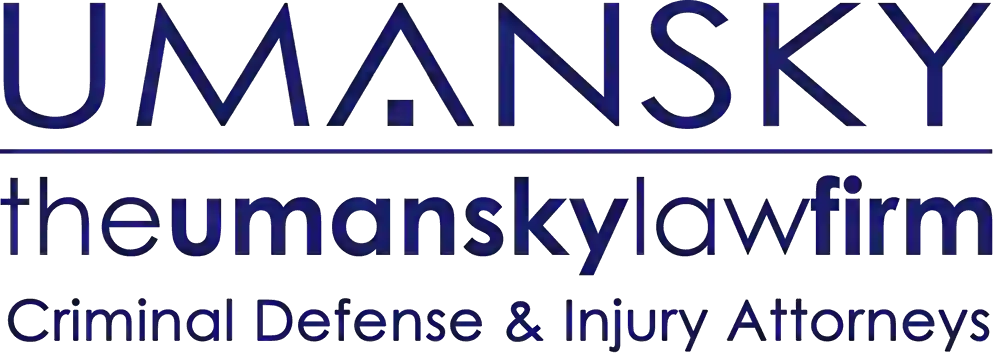As former Florida prosecutors, we’ve tried hundreds of cases and bring a rare insider’s perspective to every defense. We understand how cases are built on both sides, which helps us negotiate more effectively, positioning each case for the strongest possible outcome.

Finding out you are being investigated for money laundering can make your heart skip a beat. Money laundering is a federal offense, which means the government is using its top resources to make a case against you. The US Department of the Treasury, the IRS, and ICE are just a few federal organizations dedicated to cracking down on money laundering. As soon as you discover that you are a suspect in a money laundering case, you need to take charge to protect your rights by calling an Orlando federal money laundering lawyer.
Money laundering is the willful act of disguising the origin of illegally-obtained wealth to make it seem like it came from a legitimate source. All money laundering charges fall under federal jurisdiction because illegally-obtained money winds up in the economy, which reaches across national and international borders. There are three stages to money laundering:
Money laundering attempts to hide the real source of the proceeds of criminal activity. Crimes like drug trafficking, prostitution, tax evasion, and others quickly generate mounds of cash. The parties who have accumulated this money need to filter it into the financial system; they must do so in a way that does not give away the manner in which they earned it. “Placement” occurs when the money passes through legitimate establishments and becomes part of the income those companies generate. These businesses can be anything as simple as a laundromat.
To properly conceal the source of illegal income, one must create layers upon layers of transactions to make it difficult to trace them all back to the source. Laundered money continually moves in and out of protective businesses through money orders, wire transfers, and other types of electronic funds transfer.
The last step in the laundering process is integration, which is when the illegal funds appear “clean” enough to make their way into the financial system. After it begins to look like the money was legally earned, it can be used to make real transactions. At this point, it’s often difficult to tell that the money was laundered.
Most people associate money laundering with organized crime, and people who launder money are often tied to other forms of criminal activity. A person can get a hold of “dirty” money by partaking in many other illegal actions, including but not limited to:
At times, a person may be indirectly involved in criminal activity tied to money laundering without his or her knowledge. People who frequently handle large sums of cash can often be suspected of laundering funds. Situations also occur in which a person — such as a banker or accountant — is forced to launder money on behalf of someone else. The person who cleans the money against his will may truly believe that he or his family will face significant harm if he refuses to commit the crime. A person who is under duress has no intent to do harm, but can easily be swept up by the investigation.
The punishment for a federal crime extends far beyond those for state crimes. You could face decades in prison and fines in the hundreds of thousands of dollars. A money laundering sentence often correlates to the amount of money the defendant allegedly laundered.
You need attorney Brice Aikens on your side the moment you find out that you are under investigation by the FBI, IRS, ICE, or another government agency. Brice Aikens is a board-certified Orlando money laundering defense lawyer and a valuable member of The Umansky Law Firm. Call for a free consultation, chat with us online around-the-clock, or contact us online to set an appointment.
The Umansky Law Firm Criminal Defense & Injury Attorneys

The Umansky Law Firm Criminal Defense & Injury Attorneys
